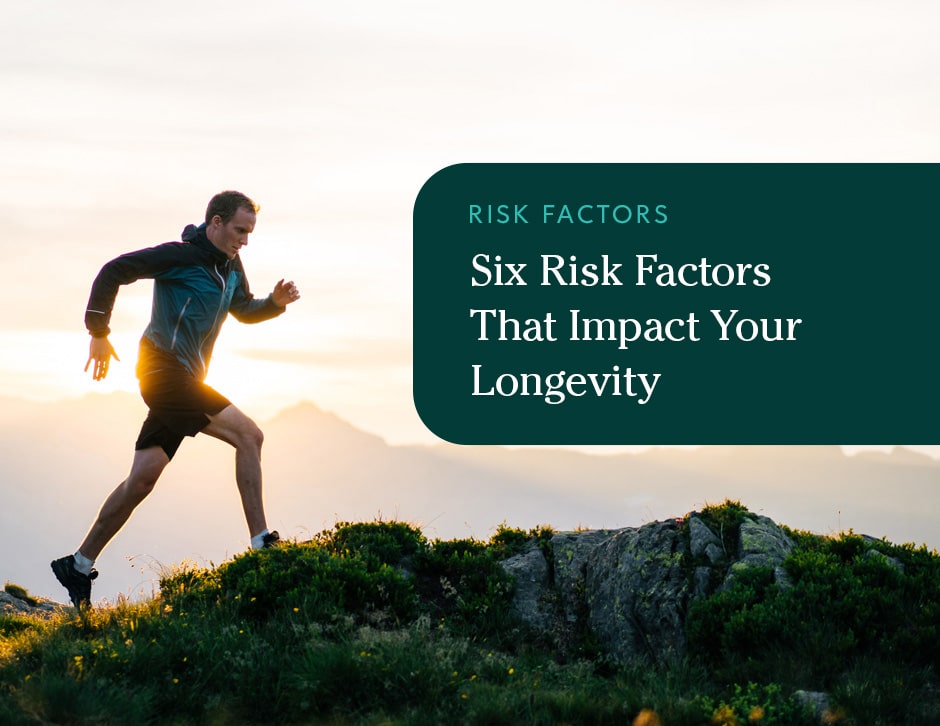
It’s an inevitable fact that our body starts working against us as we age, making longevity (or a long and healthy life) seem more difficult to attain. Ray Kurzweil and Terry Grossman pinpoint why in their book Transcend: Nine Steps to Living Well Forever:
“Living a long time is not the natural order of things… Unfortunately, we have inherited a genetic code programmed to provide us with optimal health for only the first couple decades of our lives.”
Basically, through no fault of our own, age simply makes us more susceptible to wear and tear. Chronic health conditions, in particular, are like kryptonite: they create a “weak spot” in our armor, causing damage to our body that can make longevity even harder to achieve.
Disease prevention seems like the obvious solution, then. The longer you prolong getting a chronic condition, the longer your proverbial “armor” remains intact. But prevention can be challenging too. Chronic health conditions can seem like an inevitable part of aging, so what can you really do about them?
That’s a lot of doom and gloom. Ready for the good news? Chronic diseases are not inevitable, and many are completely preventable.
The truth is, while getting older may be inevitable, the effects of aging are not. There is a lot we can do every day to prevent or significantly lower our risk of chronic conditions and live a long and happy life. That is what we want to focus on in our risk factor and prevention blog series: helping you focus on things you can do to live a long and healthy life.
Specifically, we want to discuss the following six factors that can negatively affect your longevity:
For each risk factor, we’ll describe what it is, how it affects your longevity, and outline ways that may help you keep your risk for these conditions in check.
Ready to learn more about what could be impacting your longevity and what you can do about it? Take our brief online (and free!) assessment to gauge your risk level. We’ll follow-up with plenty of helpful tips and information to empower you to make better choices for your health.
